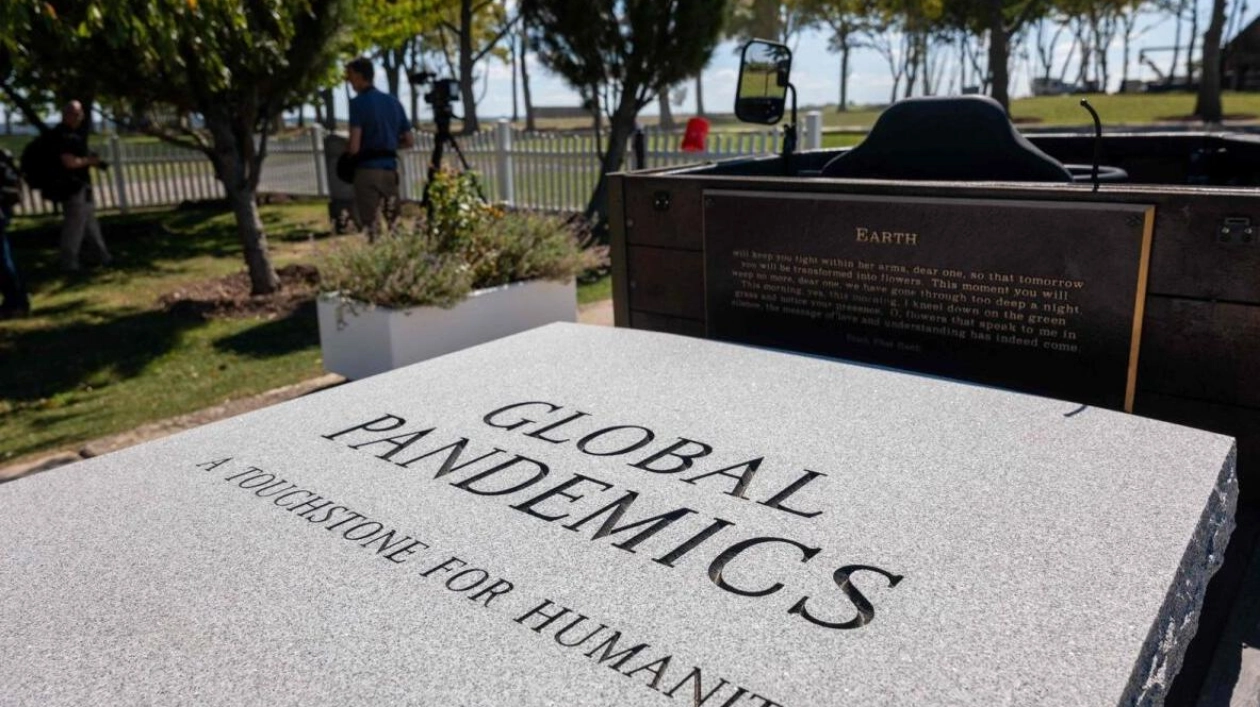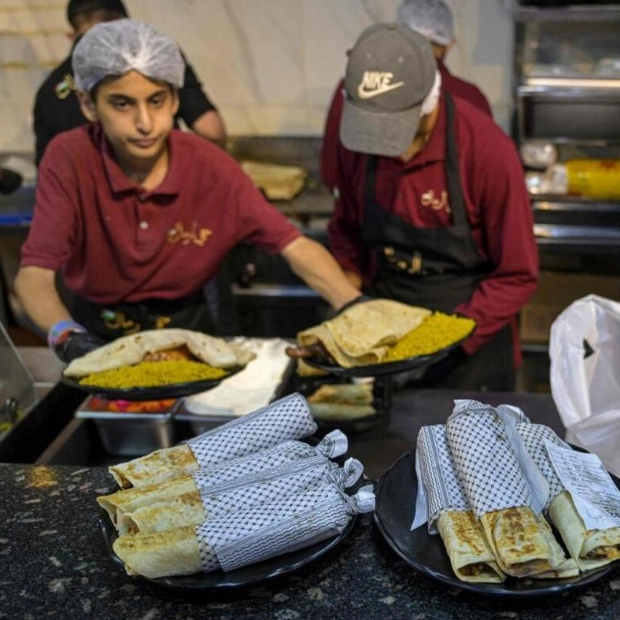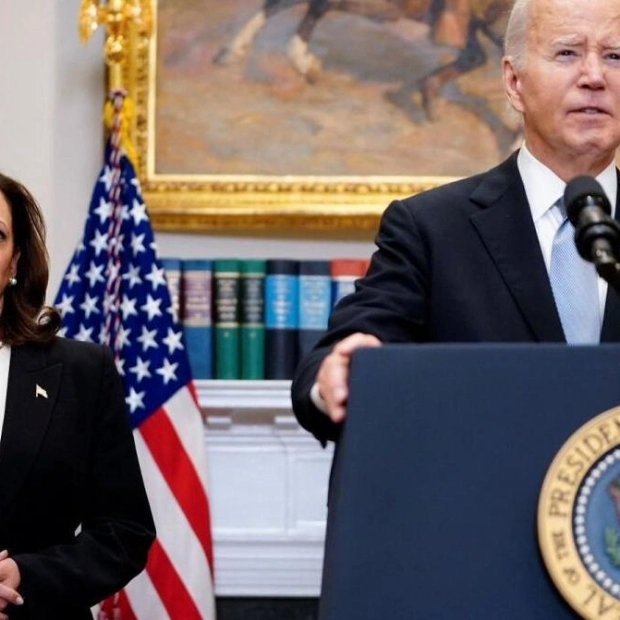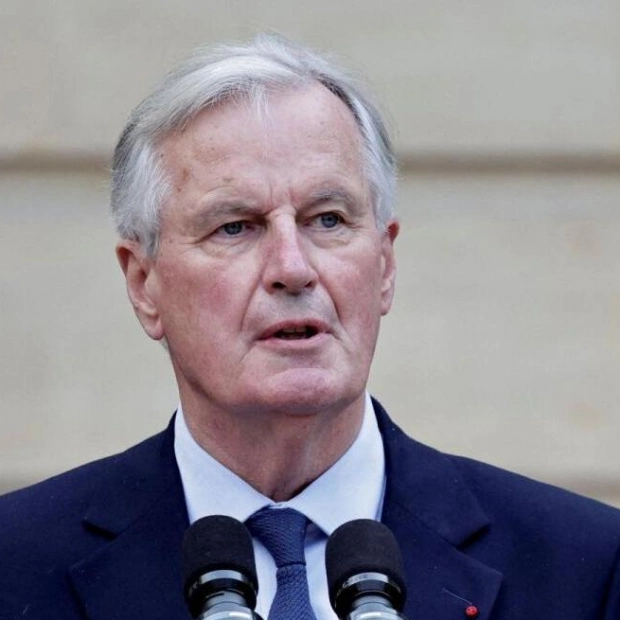A memorial dedicated to the victims of the Covid-19 pandemic stands at the entrance to Hart Island in New York City, which started offering public tours twice a month beginning September 10, 2024. — AFP
After more than two years of discussions, the World Health Organization's 194 member states gathered again on Monday to finalize an agreement on managing future pandemics, amidst fresh outbreaks of mpox and other diseases. Expectations are high for a significant accord to be reached within the next two weeks, although the specifics of pathogen and vaccine sharing will be addressed later. In December 2021, concerned about a repeat of the Covid-19 devastation—which resulted in millions of deaths, overwhelmed health systems, and economic collapse—countries agreed to draft an accord on pandemic prevention, preparedness, and response. The recent emergence of a new mpox strain, the Marburg virus outbreak in Rwanda, and the spread of H5N1 bird flu have underscored the urgency for these negotiations. The Global Preparedness Monitoring Board's annual report in October highlighted these events as 'clear warnings,' cautioning that their potential to spread further should serve as a wake-up call. The pandemic agreement is being negotiated by the World Health Organization's 194 member states, with many of the draft's 37 articles already concluded in previous talks. The main unresolved issue centers on the sharing of pathogens and the vaccines derived from them, reflecting a standoff between wealthier nations, where most medicines are developed, and poorer countries that felt neglected during the Covid-19 pandemic. Consequently, the operational details of the proposed Pathogen Access and Benefit-Sharing System (PABS) will be deferred until after the broader agreement is finalized. WHO director-general Tedros Adhanom Ghebreyesus emphasized that any agreement must address the glaring inequalities exposed by Covid-19, calling for increased local production of pandemic-fighting products in the global south. G20 health ministers, meeting in Rio de Janeiro, voiced support for concluding an agreement, but concerns remain about the dilution of proposals from developing countries. The 12th round of talks follows the close of the world's largest nature conservation conference in Colombia, which failed to agree on a funding plan for species protection. The Independent Panel for Pandemic Preparedness and Response, led by former New Zealand prime minister Helen Clark and Liberian ex-president Ellen Johnson Sirleaf, recommended a new pandemic treaty in May 2021, warning that major reforms are still needed. Denis Mukwege, a 2018 Nobel Peace Prize winner, criticized the stockpiling of mpox vaccines in some countries while neglecting the front lines in the Democratic Republic of Congo.
Source link: https://www.khaleejtimes.com






